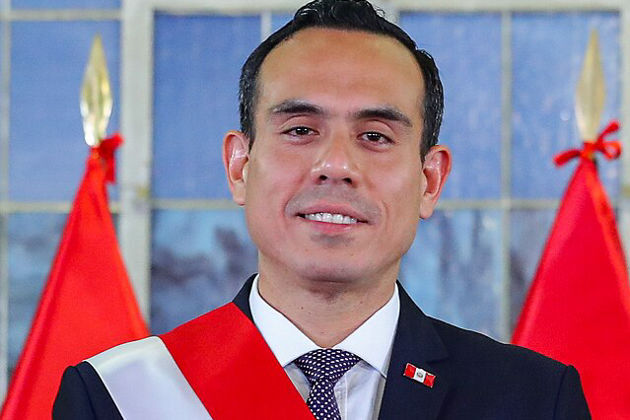Move FM Global News

Peru’s new president José Jerí deploys forces to tackle rising crime
Oct 26, 2025LIMA, Peru: Residents of Lima, Peru’s capital, saw more soldiers and police on the streets this week as a state of emergency took effect under newly sworn-in President José Jerí, who says the move is meant to curb crime.
The decree gives authorities sweeping powers, suspending constitutional rights such as freedom of assembly and protest. It also bans two adults from riding on a motorcycle together, limits prison visits, and allows power cuts to prison cells except for lighting.
Jerí became president on October 10 after lawmakers removed Dina Boluarte from office, partly because she failed to stop rising crime. He declared the state of emergency a week after a mass protest demanding his resignation turned violent — police killed one protester and another was seriously injured.
Many Peruvians, however, doubt the new measure will work. Similar crackdowns under Boluarte achieved little, they say.
“There have already been several states of emergency, but the extortion and killings continue,” said Manuel Timoteo, waiting for a bus in northern Lima. “The soldiers come out for a few days, stand on the corners with their rifles, and then leave — nothing changes.”
Boluarte’s administration had declared a state of emergency in March, later extending it until May. Critics said it failed to stop criminal gangs that extort small businesses and murder public transport workers — sometimes in front of passengers.
Peru’s crime rates have surged in recent years. Government data show homicides climbed from 676 cases in 2017 to 2,082 in 2024, while extortion reports jumped from 2,305 in 2020 to 21,746 last year. Most victims come from working-class communities.


